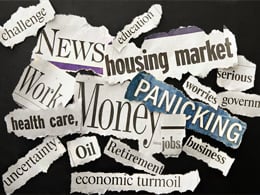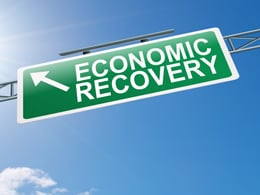Bias is a fact of life. Our view of the world is colored by preconceptions, limited or mistaken information, and recent experience. On top of that limited and distorted impression, we then have to deal with a number of well-known systemic flaws in how we think, as discussed in Daniel Kahneman’s book Thinking, Fast and Slow.
I’ve been thinking a lot about biases recently, with an eye to how to mitigate their effects.













